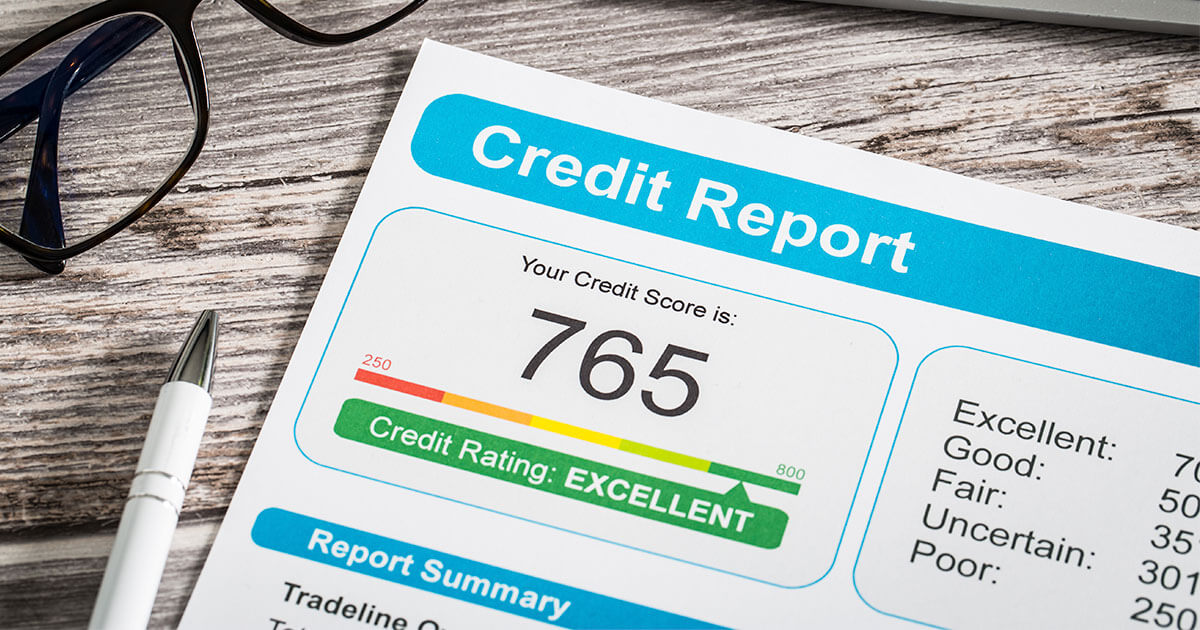
Top 8 financial New Year’s resolutions for 2023
The new year is here, and now is the perfect time to start looking ahead and planning your finances for 2023. Are you happy with how you’ve managed your spending in the past year, or is there something you must change? Now is the time to start reflecting.
While New Year’s resolutions may seem cliché, starting good habits is always great, especially regarding the money you’re making as an overseas Filipino worker (OFW).
Here are the top eight ways you can better manage your finances this new year:
Conduct a regular net worth check-up

A good indicator of financial health is your net worth. According to Investopedia, net worth is the “value of the assets a person or corporation owns, minus the liabilities they owe.”
So how do you figure out your net worth?
At the start of the year, take the time to go over what you’ve acquired over the last 12 months. Did you get more assets or more debt? This gives you an idea of how well you’re doing financially.
Using the below formula and examples will also help:
| Assets | Liabilities |
| Savings account | Credit card debt |
| Checking account | Loans |
| Investments | Mortgages |
| Properties | Accounts Payable |
In your calculation, you’d want to have a positive net worth, where you own more than you owe.
This is also a time to review your spending and saving habits. Looking at your calculation, does it look like you need to tone down on expenses in the coming months? Is there a financial goal that has moved up in your list of priorities? A net worth check-up would help you decide.
Now that we’ve mentioned financial goals, it’s time to move on to the next item in our list of financial New Year’s resolutions; saving.
Remember to save for a rainy day and for retirement

Just because you’re earning, this doesn’t mean that you should stop keeping tabs on your savings. You’ll never know when you need extra cash for an emergency at home, and you’ll also want to save enough to support yourself when you retire.
If you haven’t yet, set aside a monthly amount from your salary and put it in a separate savings account so you aren’t tempted to spend what you should be saving.
If you already have enough money to spare, you may be ready to open a Pag-IBIG MP2 account or an SSS PESO Fund account. Stay tuned for our upcoming articles about these programs!
We’ve also put together this useful guide of money management tips for OFWs. Click here to have a read.
If you’re ready to go beyond government-guaranteed savings programs, you may have already started investing.
Review your investments

If you already have an investment portfolio, it would be a good financial New Year’s resolution to build the habit of conducting a regular investment review.
See where your money is performing or underperforming and be open to changing things up and moving funds around to maximise your portfolio.
If you’d like to learn more about the different types of investing for OFWs, click here.
As Andrew Schwartz of Investopedia said, “By rebalancing your portfolio to its original or updated asset allocation, you take steps to lock in gains from sectors with the best returns and purchase shares in the sectors that have lagged behind last year’s leaders.”
But, as you do with any financial decision, make sure to do your research and talk to an expert if needed.
Now, if you aren’t ready to invest, you should instead take the time to cut down your liabilities.
Work on paying off your debts

If you swiped your credit card a lot recently, it’s time to start paying the bills.
Regularly paying and managing your debt are good New Year’s resolutions because doing so can help reduce stress and keep your financial goals within reach.
For credit card bills, explore ways to minimise costs. For example, you could transfer your balance to a new credit card with lower interest rates. You could also apply the debt snowball or debt avalanche strategies.
In a debt snowball strategy, you start small and save up to pay the cheapest bills first. Once you’ve paid out that first bill, you can use any extra money you’ve saved to go up and pay the second cheapest bill.
As you get the hang of it, you can slowly build your confidence to pay the bigger bills, with the amounts “snowballing” until you pay off the most expensive amount you owe.
Note that you don’t always have to start small. If you have high-interest credit card debt, it would be good to pay that off before the interest makes it too expensive.
With a debt avalanche strategy, you’ll work on paying your most expensive, high-interest bill first to keep the costs down and wallet-friendly.
Now, debt isn’t limited to credit card bills. If you’ve been paying out a few loans, you may want to consider a debt consolidation loan.
“Debt consolidation loans allow borrowers to combine their debts into one simple loan with lower interest rates,” said Matt Richardson for CBS News.
Remember: The goal is to keep costs down.
Paying a debt consolidation loan would also give you a deadline, so you can say goodbye to remaining balances within a clear timeframe and without paying more interest.
Along with debts, there is another thing you need to add to your financial New Year’s resolutions; Credit score
Spruce up your credit score

We’ve been talking about paying your debts, but the reason why this is so important and why it should be one of your New Year’s resolutions is because how you manage your debts affects your credit score.
According to the United States Consumer Financial Protection Bureau (CFPB), “A credit score is a prediction of your credit [behaviour], such as how likely you are to pay a loan back on time, based on information from your credit reports.”
On a scale of 300 to 850, a good credit score is from 690 to 719. Maintaining these scores opens doors for you. It makes it easier to get loans, better credit card interest rates and deals, good insurance, and even a mortgage for a home.
So, what should you do to improve your credit score? Here are some ways:
- Pay your bills on time
- Manage your existing loan payments
- Avoid over-swiping your cards
- Only get as much credit as you can financially manage
Now that we’ve discussed being on top of your current finances, let’s talk about the future.
Look at your insurance options

Next on our list of financial New Year’s resolutions is regularly checking and updating your insurance policies, like life and medical insurance.
When you’re reviewing your options, ask yourself: Is this coverage OK, or should I change it?
Give it some thought and consider if you’d be willing to pay a bit more today to cover tomorrow’s possible expenses.
For example, now that you’re older, you might consider getting health insurance that covers illnesses that run in your family. It may require a higher premium, but it would help with medical costs if they arise in the future.
Remember, the future isn’t just about you but also the people you leave behind.
Review your beneficiaries

A lot may have happened in the last year – an illness, a death in the family, a marriage, or a separation. So, considering who will benefit from your lifelong savings would be good, given that circumstances can change. This could be a partner or spouse, children, or relatives.
Look at your bank accounts, insurance policies, brokerage accounts, and SSS, Pag-IBIG, and PhilHealth accounts. Do your lists of beneficiaries still reflect your current situation or do these names need updating?
Remember, this will be your legacy, so you must ensure your money goes to the right recipients.
And since we’re talking about sending your money to the right people, let’s discuss the last item on our list.
Use safe financial services

Whether you’re paying bills, saving, investing, paying insurance premiums, or sending money to the Philippines, don’t settle for any money transfer service.
Kabayan Remit is a secure financial app that uses the same security features as banks, so you can stick to your financial New Year’s resolutions without worrying about your money’s safety.
We would like to wish all of our amazing customers a very happy New Year!
